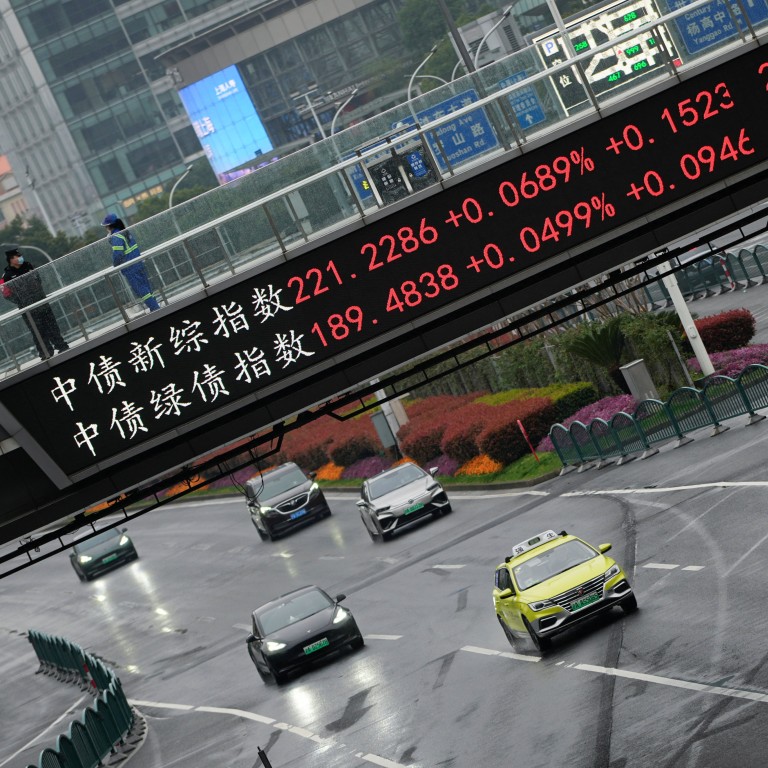
China’s internet watchdog will set up fast lane for businesses to report online slander as economic revival tops list
- Cyberspace Administration of China pledge comes at symposium with 10 state-owned and private firms to discuss ways to protect online reputations
- Better online conditions for businesses ‘an urgent need’ to ensure industrial and economic security, CAC statement says, warns of ‘harsh’ crackdown
The Cyberspace Administration of China (CAC) made its latest promise at a symposium in Beijing on Wednesday, where 10 state-owned and private companies were invited to discuss ways to better protect businesses from malicious online acts that damage reputations.
CAC deputy director Niu Yibing presided over the symposium and spoke about ways to implement President Xi Jinping’s instructions on improving China’s business environment, according to a statement posted on the agency’s official WeChat account on Thursday.
Xi Jinping hails private firms, but will ‘actions speak louder than words’?
The CAC would make it easier for companies to report internet slander by setting up a dedicated online reporting channel, the statement said. It also pledged to follow up on whether the websites took prompt and thorough action on the reported rumours and to publicise the outcome.
There should be more efforts to “objectively analyse the causes of problems of false and untrue information related to companies and infringements of the rights and interests of entrepreneurs”, it said, while pledging to “effectively address the online harmful information that plagues enterprises and entrepreneurs, and focus on improving the online atmosphere towards business”.
First they attacked liberals, then private firms: rise of China’s ultra-leftists
Social media accounts that publish malicious information to coerce companies in the hopes of large settlement fees would face a harsh crackdown, the CAC warned.
“[We will] dish out harsh punishment on the leading accounts which publish malicious information to coerce [businesses] and severely crack down those who hire online trolls to slander and smear companies,” the statement said.
The watchdog also highlighted the need to correctly handle the oversight of news and public opinion, as well as justified online whistle-blowing.
The 10 leading companies represented at the symposium included telecoms equipment giant China Electronics Technology Group, China Eastern Airlines, medical instruments maker Mindray Medical and leading Chinese dairy Yili Group, the statement said. It did not mention if any Chinese internet giants were present.
Over the past two years, a number of Chinese social media influencers have campaigned on anti-business narratives such as “private entrepreneurs are traitors” or “it’s time for China’s state-owned companies to take over more private economies”.
Some also released details of such entrepreneurs’ private information online, including their health records, financial accounts, travel itineraries, home addresses and telephone numbers, causing panic among those targeted.
Nationalistic blogger Sima Nan banned from Chinese social media
According to Qin Feng, senior researcher at the Communication University of China’s Hong Kong, Macau, Taiwan and world affairs centre, the bigger problem for Chinese companies is an “overly powerful government” constantly intervening too much in the business world, while always coming in late when the private sector needs clarification and a shot of confidence.
“The bureaucrats take action only after the party leaders make their stance clear. Now, even the CAC, a national internet censor, is playing a role in talking up China’s economy. Their response should have been much faster when the rumours about the private entrepreneurs surfaced over the last two years. Now the damage to business confidence has already been done,” Qin said.
“The CAC should protect the legitimate rights and interests of enterprises with the speed of the internet era.”


